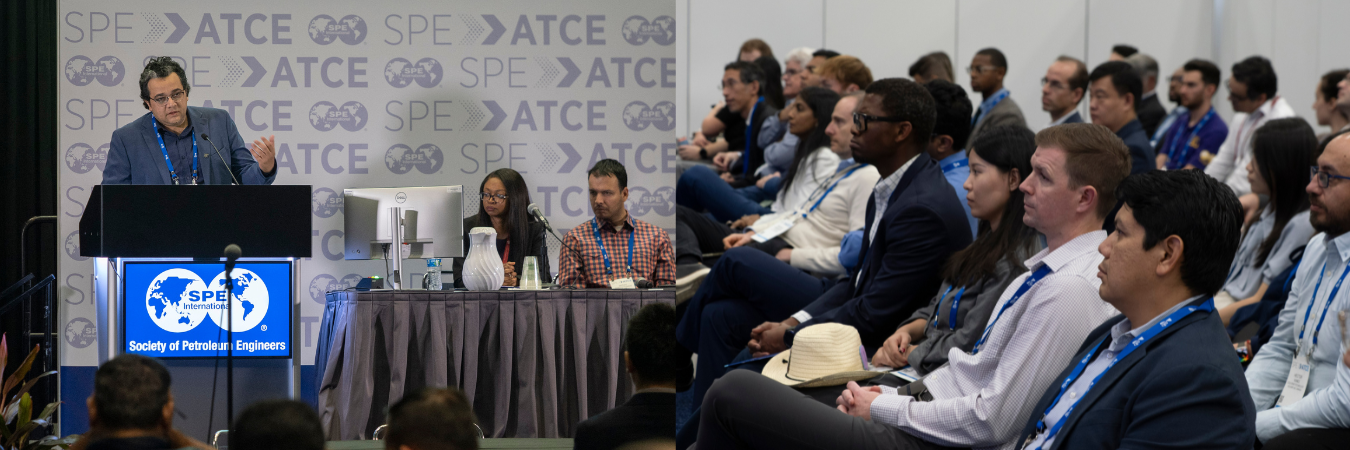Unlocking Reservoir Insights: Data Science and Engineering Analytics in Reservoir Engineering
Tuesday, 21 October
Room 330
Technical Session
This technical session explores the transformative role of data science and advanced analytics in reservoir engineering. With the growing complexity of reservoir management, the integration of machine learning, predictive modeling, and big data analytics is reshaping how engineers analyze reservoir behavior, optimize production, and improve decision-making. Presentations will cover case studies, novel algorithms, real-time data applications, uncertainty quantification, and AI-driven workflows designed to enhance reservoir characterization, forecasting, and performance evaluation. Join us to discover innovative approaches that bridge the gap between traditional reservoir engineering and the rapidly evolving world of data-driven solutions.
-
1400-1425 227919A Machine Learning-Based Production Prediction Method for Multi-Type Fracturing in Waterflood Reservoirs
-
1425-1450 228142Acceleration of Data-Driven Proxy Models Using Physics-based Reduced-order-model: Pseudo-steady-state-based Simulation
-
1450-1515 228028An Automated Workflow for Evaluating U.S. Onshore Shale Assets for Acquisition
-
1545-1610 227966Optimizing Oil Field Development With Multi-Action Decision-making In Deep Reinforcement Learning
-
1610-1635 227953AI-Driven Well-Spacing Optimization in Depleted Unconventional Reservoirs: A Data-Driven Approach to Maximizing Late-Stage Recovery
-
1635-1700 228159A Double-Agent Reinforcement Learning Framework for Automated Variogram Parameter Estimation in Linear Models pf Coregionalization
-
Alternate 228190Accelerating Field Development Planning for Deepwater Greenfield with Multiple Realizations
-
Alternate 228192Parent-Child Well Dynamics: Insights for Mitigating Frac Hits Using a Data Science Approach





